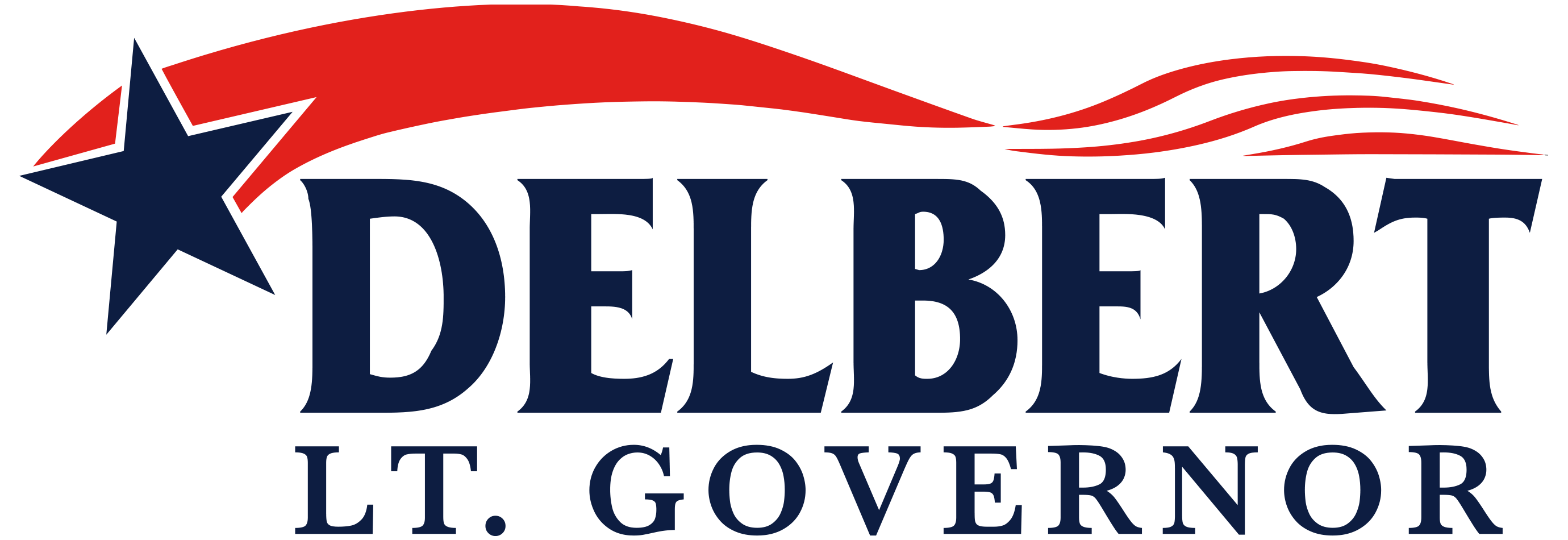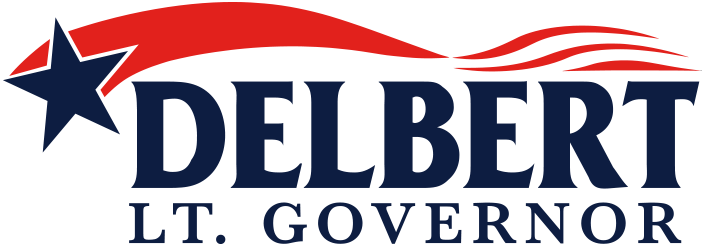Columbus, Miss. (Commercial Dispatch) –
Tuesday, as a part of a four-stop tour in north Mississippi, Secretary of State Delbert Hosemann spoke to an assembly of high school seniors at Columbus High School and New Hope High School.
For weeks now, Hosemann has been criss-crossing the state, trying to drum up interest in the Nov. 6 General Election. This, after the turn-out in the June primary elections produced historically low turn-outs.
“In Mississippi, typically 50 percent of people vote in an election,” Hosemann told the teens at Columbus High. “That means when you go to vote you’re voting in the place of two people. But in June, only 13 ½ percent of the people voted. That means when you go to vote, you are voting for nine people.”
Actually, if he were going by turn-out in Lowndes County, the more accurate estimation would be one vote for every 10 registered voters.
That, Hosemann, said is unacceptable.
Granted, primary elections generally don’t produce big turn-outs. But when just 243,000 of Mississippi’s 1.8 million registered voters bothered to go to the polls in June, it was cause for alarm.
Given the unique circumstances this November — Mississippians will elect both of its US Senators this year — a better-than-average turn-out might be expected.
That may yet be the case, of course. The interest generated in the race to fill the remaining Senate term of Thad Cochran, who retired this spring, is compelling. It’s a three-way race among Republicans Cindy-Hyde Smith (who was appointed to serve in the Senate until the election by Gov. Phil Bryant) and Tea Party Libertarian Chris McDaniel (who narrowly lost to Cochran in 2014) and Democrat Mike Espy, the former Secretary of Agriculture. All three have name recognition and the finances needed to make a credible run. Most likely, the seat will be determined in a run-off since it is unlikely any of the three can capture more than 50 percent of the vote on Nov. 6.
Yet even that race doesn’t guarantee a good turn-out, and Hosemann, who is responsible for conducting statewide elections, is worried. His almost constant travel to promote the vote is a pretty good indicator of that.
Hosemann is at a loss to explain why Mississippians do not vote in larger numbers. He has advocated for online registration and early voting, neither of which has been supported by the Legislature.
The other likely tool to increase voting is off the table indefinitely.
Before the 2016 Presidential Election, there was growing support for the idea of online voting. The reasons are obvious. You can convince almost anyone to do almost anything online.
Then, of course Russia happened and suddenly, even the idea of online voting has to be rejected out of hand.
So the tools available to Hosemann are limited and, to some extent, only moderately effective.
We can talk about the importance of voting until we turn blue, but there’s no indication it helps very much.
Until people make the connection between what happens in their daily lives and what happens in the voting booth, the turn-out is likely to remain embarrassingly low.

